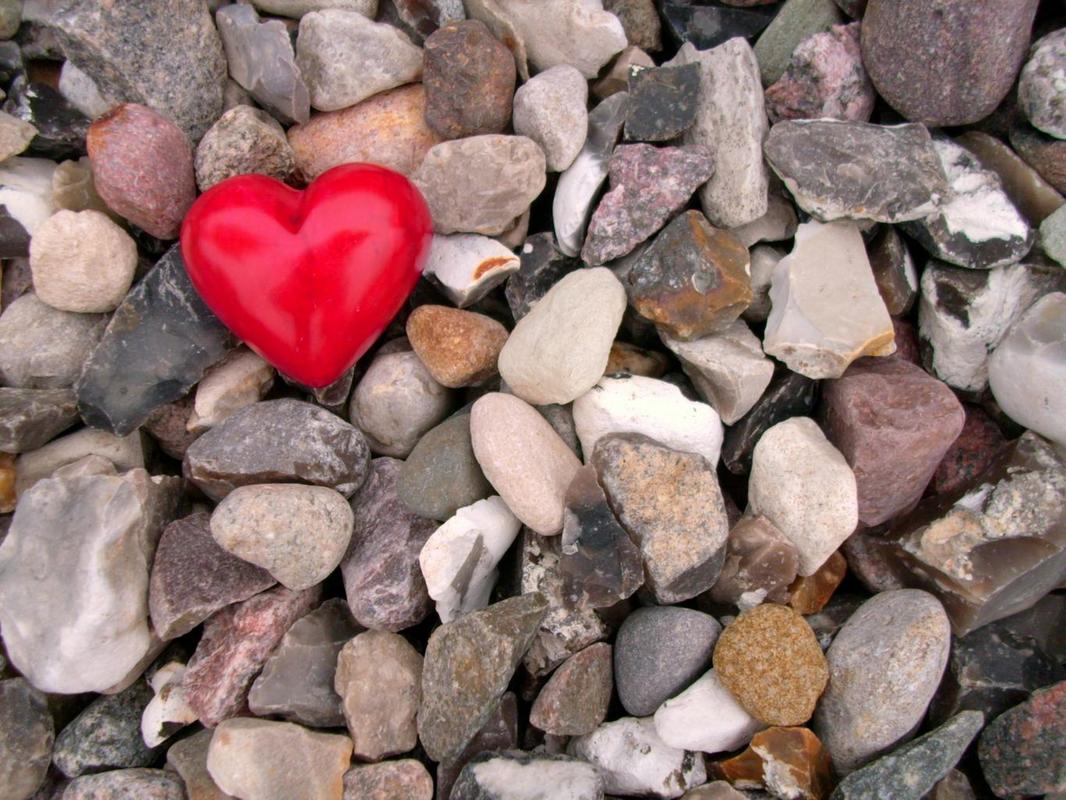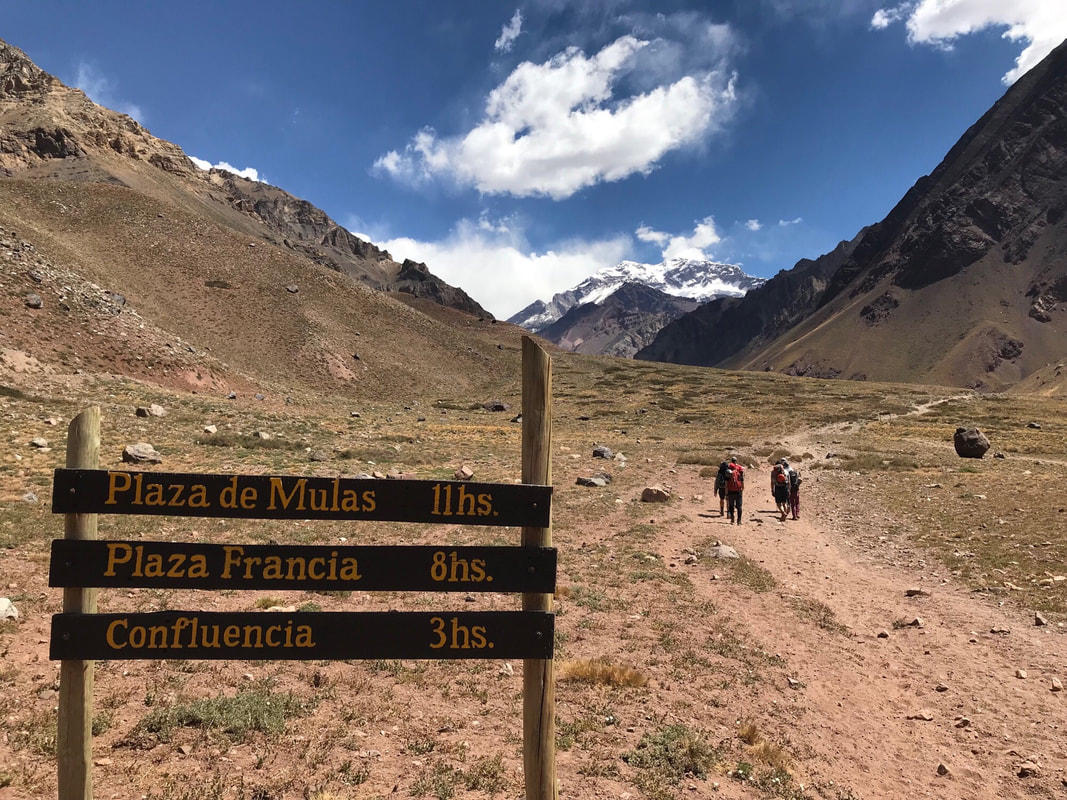I've met someone. It happened, the way it always seems to, when I was looking the other way. Innocently minding my own business, getting ready (or so I thought), to summit the highest mountain outside of Asia. I was planning to start dating again when I returned, to maybe try some dating websites, a prospect that I find only slightly more thrilling than getting my teeth cleaned by a dental hygienist hopped on speed and mescal. But this man, who I met briefly a few years ago - I'm not sure we were even properly introduced - and know from Facebook, where we've followed each other's doings since that time, started messaging me a week or two before I left for Argentina.
10 Comments
It's been one week to the day since I was banished from Aconcagua, summarily sent down from it, like an inept baseball player kicked from the major league to the minors. I haven't really had time to process what happened, or to understand what it ultimately means to my life, other than to label it a failure. After all, I wanted something - to reach the tippy-top of the highest mountain outside of Asia - and it didn't happen. I didn't summit Aconcagua. Hell, I didn't even get close. I didn't even make it past the approach camp, a victim of mountain sickness, according the physician who fretted over my vitals before announcing, with great gentleness, that I was in jeopardy and would continue to be until I descended.
That's failure and I will always label it as such, which seems to confound and annoy just about everyone around me. I've heard this week that I can't be a failure because I tried to accomplish something most wouldn't, because it was my body that gave out and not my will, because this kind of setback is just a part of mountaineering and because, simply, I didn't die. I understand the reasoning behind all that, and am grateful for the kindness that led my friends and fans to share these thoughts with me. I just don't agree. I had a goal. I didn't achieve that goal. I failed. Why are we so afraid of failure in this country? Why do we twist and turn the situation in which we failed upside down and all around, spinning it like a kid appraising a package on Christmas morning, just so we can call it anything but what it is? The way I see it - and I'm quoting President Obama here - "If you are living life to the fullest, you will fail." As Oprah Winfrey says, "If you're constantly raising the bar, if you're constantly pushing yourself, higher, higher, higher, the law of averages, not to mention the myth of Icarus, predicts you will at some point fall." And that's okay. Because the alternative, to not even try, is far worse for me. I don't mean to sound like Dr. Phil or Tony Robbins or Brene Brown, as much as I love her, or Yogi Bear or the Dalai Lama himself. I don't feel comfortable making pronouncements about how anyone else should live. But for me, passion, adventure, excitement, which I now get mostly from pushing myself damn hard and then harder and harder still, make life bearable. If I didn't try - be it anything from climbing a mountain to moving to a country where I know no one on not more than a whim - there's a chance I might go mad. Or at least back to the self-destructive ways I once utilized to get my fix of chaos, the metaphorical equivalents of driving too fast in a big-motored car down a dark highway, fucked up on mania and dope and lust, the thick fingers of the dangerous man perched beside me in the passenger seat creeping up my naked thigh. Or, actually, the literal equivalents, too. I'm not a great white shark - I don't need to be in constant motion to survive, although I have some former lovers I expect would disagree on both counts. But I do need something to work toward. Looking ahead keeps me sane. I need to challenge myself, the more viscerally the better. That little divot I have inside my soul, the place damaged, if not quite broken, by what I've never discovered, is filled for a time when I do. Risking it all, or as much of it as I can, soothes me. My plan to climb Aconcagua and Kilimanjaro, which I announced a little more than 18 months ago, was undoubtedly an outgrowth of this need. But more crucially, it was an attempt to save myself. I was in danger back then, more danger than I ever faced on that mountain. The loss of my brother to a heroin overdose, an event that still lurks beneath every moment of every day, ready to rise up and throttle me with grief; the decline of my parents, with whom I live, rendered in cruel close-up and most recently encompassing my mother's dementia diagnosis; and the final blow that nearly destroyed me, the end of a relationship filled with enough love and toxicity it's taken me nearly two years to emerge from it fully, like a freed prisoner creeping slowly from a basement cell - these events and more, piled fast one atop another, made me question whether living was a worthwhile effort. I questioned it a lot back then. I needed to find a way to quiet all that tragedy, to hush it, so I could hear the sounds of life again, find the path back to it. Embarking on a quest so massive it was ridiculous, like scaling two of the Seven Summits within a year, seemed the way to do it. I hoped along the way it would turn me into someone I wasn't - a woman not vanquished by pain, but one heroic, strong, invincible. A warrior, inside and out. A woman who ascends big damn mountains. And I failed. I came down from Aconcagua two days after I went up it. I suppose I should be humiliated. But I'm not. Because I have felt a shift within me. Maybe I'm simply riding high with a giddiness born from emerging off Aconcagua with fingers, toes and nose intact (I was never really afraid of the mountain killing me, but not so the idea of of losing bits and pieces of myself to frostbite). Maybe I'm simply grateful to be released from the exhaustion I felt nearly as soon as I started the first trek. Pervasive and absolute, it destroyed my resolve, turning what was supposed to be an easy five-mile hike into a grim battle marked by my tortured, runaway breath and staggering feet. The next day, when I was forced to ask one of my expedition's guides to take me back to camp less than halfway through our trek, was worse. I didn't understand why, when I'd trained so hard for Aconcagua, I felt a fatigue on its lower trails that nearly trumped what I endured during my eight-hour push to Kilimanjaro's 19,341-foot-high summit. Would Aconcagua have killed me if I’d have bullied and begged, stamped my feet and cried, somehow convincing the physician - an improbably beautiful and compassionate Argentinean woman who looked like a grittier version of Salma Hayek - to let me continue the ascent? I don’t know. I don’t know how sick I really was, only that over the course of two nights my blood pressure had risen from 140 over 90 to 165 over 110. My heart rate increased to 130 and my oxygen saturation fell to 84. Not awful numbers, but what concerned my glamorous doctor was that my vitals were worsening instead of getting better. I wasn’t acclimatizing to the altitude. It hurts that I failed to summit Aconcagua, hurts like a pinch cruel enough to leave a bruise, a result common to the collision of dreams and reality. But I'm grateful for the experience I had in Argentina. Right now, as I sit here typing this, I feel something that could be called hope and I think that brutal bitch of a mountain that I love and fear in equal measure returned it to me. Will I return to her? I don't know. But my hunger for her summit, a growling yearning very different than the pain that consumed me 18 months ago, continues. |
Jill GleesonJill Gleeson is a journalist based in the hills of western Pennsylvania. She is a current contributor to The Pioneer Woman, Country Living, Group Travel Leader, Select Traveler, Going on Faith, Wander With Wonder, Enchanted Living and State College Magazine, where her column, Rebooted, is featured monthly. Other clients have included Email me!
Archives
May 2018
Categories
All
|


 RSS Feed
RSS Feed